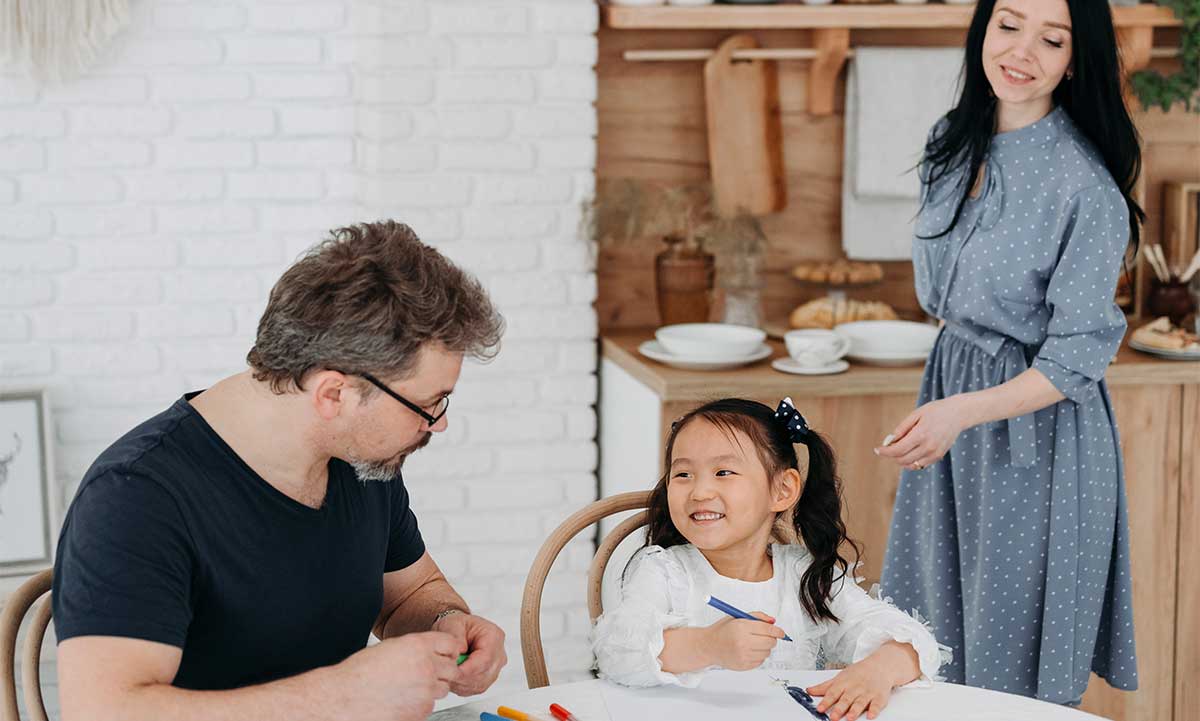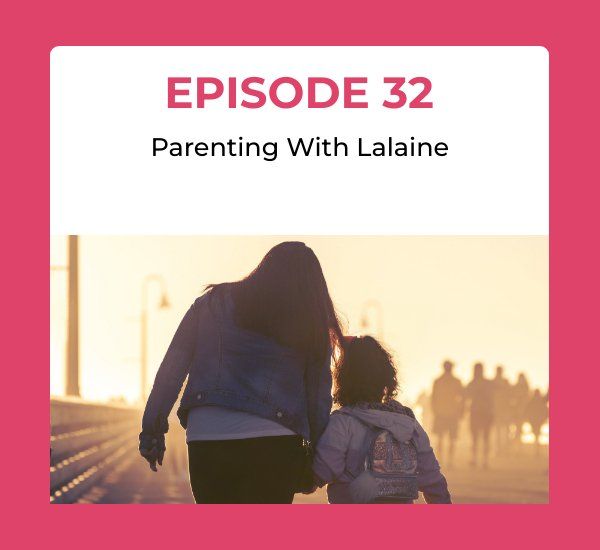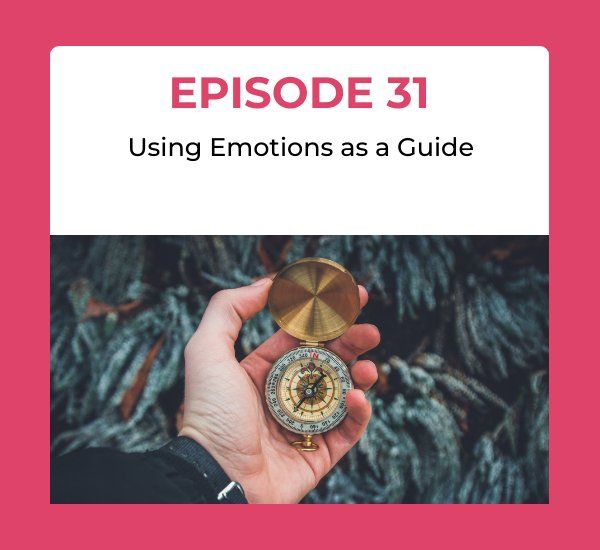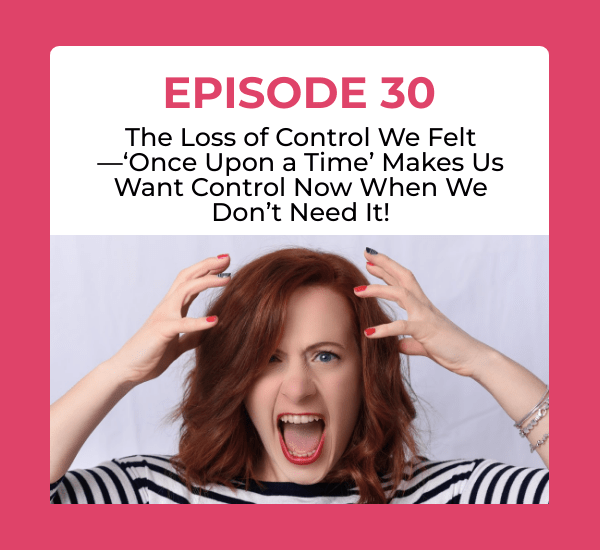Positive Parenting: Is It Really That Important Today?
There’s no such thing as a perfect parent. Even when we think we’re at our best, children have a way to frustrate, confuse, irritate, and challenge us beyond our limits—hello picky eaters, temper tantrums, bath and bedtime issues, behavior problems, neglecting chores, and homework, frequent risk-taking….the list goes on.
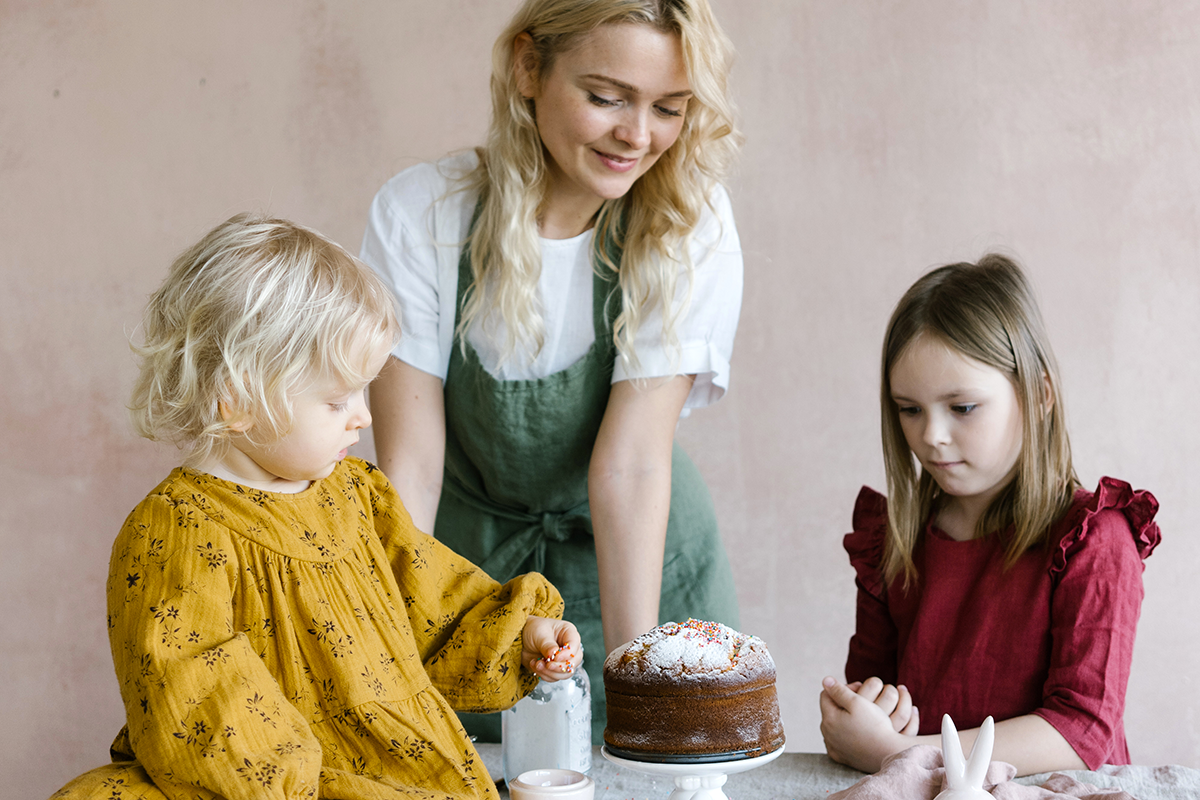
From toddlers to teens, challenges are a natural part of parenting journey. They appear in all stages of the child’s development, but there’s a light at the end of the seemingly never-ending tunnel—that’s right, each challenge can be met in the moment, and immediate relief can be experienced rather than letting upsets linger. It all starts with using the right positive parenting tips, tools, strategies, and resources.
So whether you’re a parent trying their best to avoid potential problems or one already at their wit’s end, let’s talk about how you can use positive parenting techniques today to build a healthy relationship with your child.
What is Positive Parenting?
Many good parenting articles have their own definition of positive parenting. However, one that stands out from the rest is from Seay and colleagues, who reviewed over 120 articles and came up with the following general definition:
“Positive parenting is the continual relationship of a parent(s) and a child or children that includes caring, teaching, leading, communicating, and providing for the needs of a child consistently and unconditionally.” At The Kid Code, we appreciate the reality that positive parenting includes the understanding that we, as parents, are also continually learning and growing.
Godfrey (2019) says, “All children are born good, are altruistic and desire to do the right thing.” While that’s true, it’s also true that they have ‘the other side’, which is why we have strategies like positive parenting. It’s safe to say that the goal of positive parenting is to guide your child in ways that highlight their altruistic nature and build their self-esteem and support a respectful and strong parent-child relationship without tamping down their spirit through punishment, criticism and conditioning.
A child’s early environment can have a tremendous impact on their long-term growth, well-being, and quality of life. For example, early positive parenting can support an infant’s coping mechanism and mitigate risky behaviors later in life. In addition, when children have a positive relationship with their parents, they’re more likely to have better cognitive, social, and behavioral skills.
What Are Some Benefits of Positive Parenting?
Positive parenting isn’t just for moms and dads—it’s beneficial for anyone who has a strong influence on a child’s development. Numerous studies show that positive parenting provides a child with many invaluable benefits:
| Guidance | Sensitivity |
|---|---|
| Leadership | Consistency |
| Love | Open communication |
| Empowerment | Affection |
| Education | Warmth |
| Nurturing | Positivity |
| Empathy | Security |
| Trust | Respect |
| Support | Boundaries |
| Personal development | Emotional Intelligence |
| Unconditional love |
The reward? A happy, independent, confident, well-behaved, and self-sufficient child who has a significant head-start in life.
Positive Parenting Styles
Various positive parenting techniques, as we teach them, nurture the different facets of your child’s growth: their creativity, self-esteem, ability to dissolve beliefs and internally self-regulate to emotional intelligence, social-emotional skills, and even their relationships with others. When parents feed a child’s inner spirit with warmth, support, and unconditional love, they empower the child with the right tools and knowledge to succeed throughout life. A note about unconditional love—it doesn’t mean you can’t say no, it means you can say it with genuine love.
Think about how you can incorporate some of these positive parenting styles into your child’s life:
- Positive communication builds their problem-solving and social skills while strengthening their caregivers and peer relationships
- Parental supervision enhances social bonding and positive youth outcomes
- Warm, supportive, and autonomous parenting fosters creativity, confidence, empowerment, determination, and self-esteem
- Optimistic and supportive parenting helps your child believe in themselves and their future
- Recognizing positive behavior increases your child’s self-efficacy and their willingness to make good decisions in the future
- Establishing boundaries and consequences teaches your child important life skills such as respect, responsibility, and accountability
- Understanding priorities and privileges and the difference between them
Bath Spa University researched emotional coaching and found many positive outcomes for those who participated. For example, they reported a 79% improvement in children’s overall behavior and well-being and noted that children responded most effectively to positive discipline.
What is Positive Discipline?
Positive discipline is the art of balancing being firm and loving when your child misbehaves. Developed by Dr. Jane Nelson, positive discipline involves clear communication with your child about appropriate and inappropriate behaviors, the rewards for good behaviors, and the consequences attached to the bad ones.
Research suggests that children respond best to positive discipline. It’s parenting through guidance, with the parent maintaining authority, staying focused on problem-solving and encouragement. It doesn’t involve yelling, spanking, or harsh punishments. When we slip up, and make a parenting mistake, we know it because we feel discomfort. When we make a parenting mistake it’s kinder to say to ourselves, “I matter more than this mistake,” and then make the mistake right. We can keep ourselves on track easier if we’re kinder to ourselves. In that same way, we can keep our children on track with kindness.
Looking to Dig a Little Deeper Into Positive Parenting Techniques?
Positive parenting helps children build trust with their parents. Having trust enables children to better handle life’s upsetting and inescapable realities—instability, stress, anxiety, depression, fear, loss, and death. When we support our children, we connect with them, and that makes problem solving easier on everyone.
It’s always best to start positive parenting right from infancy, but remember, none of us are perfect, so let’s keep in mind—regardless of their age, it’s never too late to try peaceful parenting—even if you have adult children.
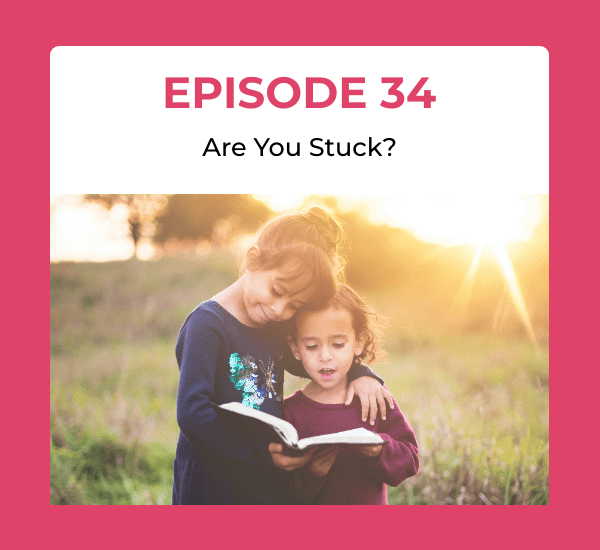
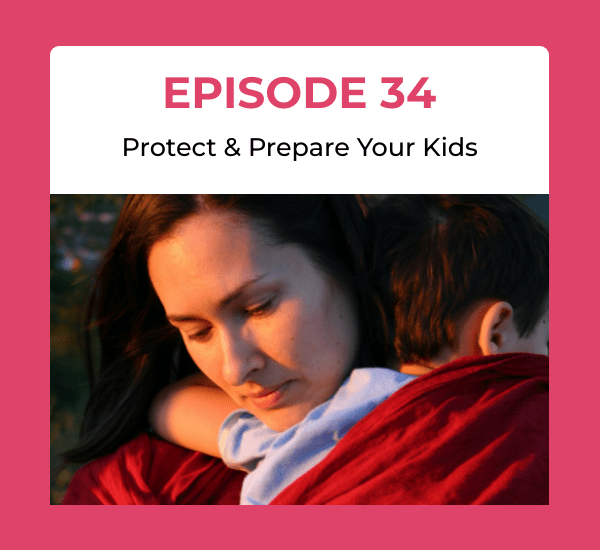

You assume and accept all responsibility and liability for using the content contained herein. This content is not intended to replace professional advice.
All Rights Reserved | The Kid Code | Website Created by CCC



